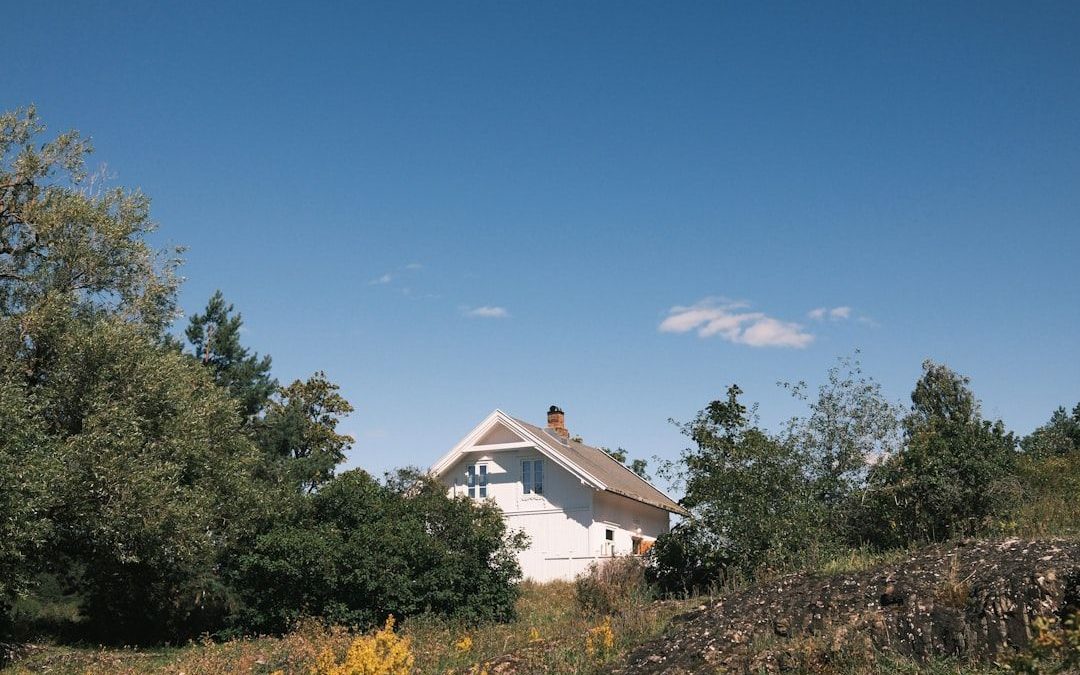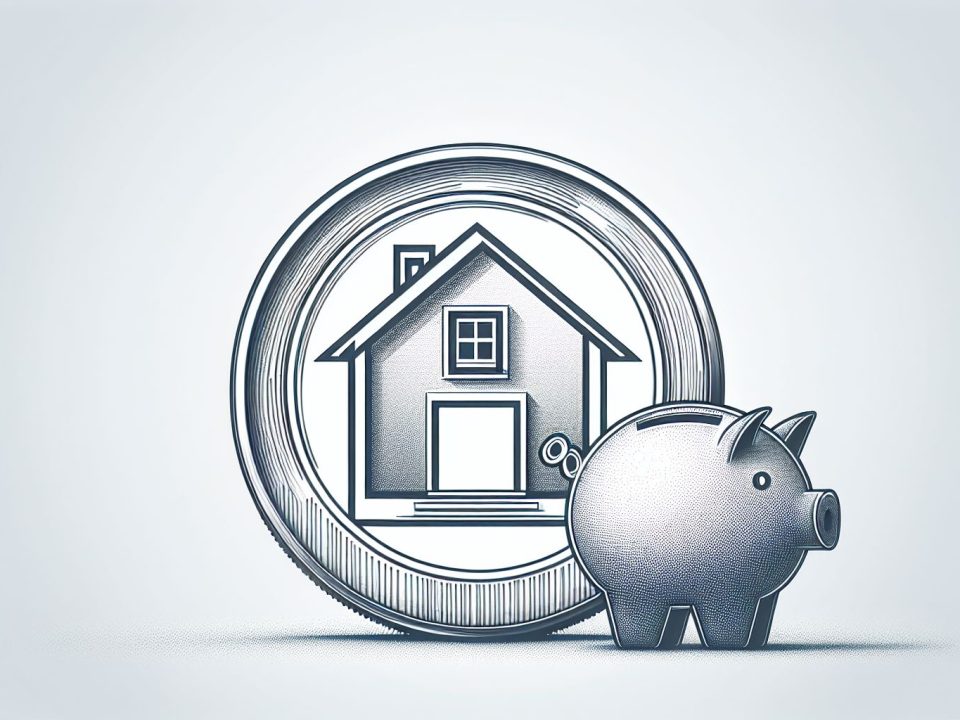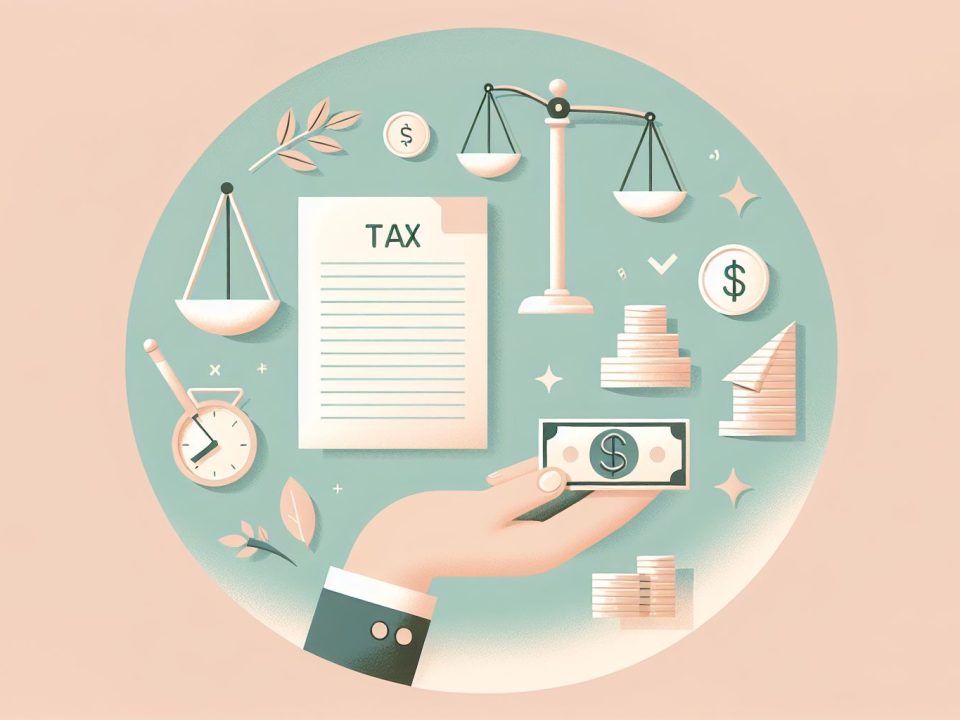
Accountants Near Auckland Airport
September 24, 2025
Why Are You Still in a KiwiSaver Default Fund?
September 24, 2025Leasehold Properties and New Zealand Property Investors
Why Smart Property Investors Avoid Leasehold Properties
When Mark Twain famously said “Buy Land – They’re Not Making It Anymore,” he captured one of the fundamental principles of successful property investment. While Twain was known for his humor, this advice is deadly serious for today’s property investors. The key driver of long-term capital growth in real estate isn’t the building – it’s the land beneath it.
Here’s the reality check that many investors learn too late: not all property ownership is created equal, and some structures can be financial disasters waiting to happen.
Understanding Assets: The Foundation of Wealth Building
Before diving into property ownership types, let’s establish a crucial distinction between two kinds of assets:
Appreciating assets increase in value over time, building wealth for their owners. Depreciating assets lose value from the moment you acquire them, bleeding money regardless of how well you maintain them.
Consider a car as the perfect example of a depreciating asset. Drive it off the lot, and you’ve instantly lost 10% of its value before reaching the first traffic light. While cars serve an important lifestyle function, they’re financial sinkholes from an investment perspective.
Real estate, on the other hand, generally appreciates at roughly 5-6% per year on average in New Zealand. However, even within real estate, there are two distinct components at work:
- The building: Depreciates over time unless continuously maintained and upgraded
- The land: Appreciates consistently and serves as the true wealth engine
This distinction leads us to a fundamental rule of property investment: own the land, or you don’t really own a wealth-building asset.
New Zealand Property Ownership Structures Explained
Understanding ownership structures is crucial for making informed investment decisions. In New Zealand, there are four main types:
Freehold (Fee Simple): You own both the land and the building outright. This is the gold standard of property ownership, providing complete control and maximum appreciation potential.
Unit Title (Strata): You own your individual unit plus a proportional share of common property areas. This structure is common in apartment complexes and townhouse developments.
Cross Lease: You share ownership of the land with other property owners, while having exclusive rights to use specific portions.
Leasehold: You own the building but not the land it sits on. This is where serious red flags begin waving for savvy investors.
The Leasehold Trap: Why This Structure Destroys Wealth
With leasehold properties, you’re required to pay ongoing ground rent to the actual landowner. Think about this carefully: you’re investing in an asset that sits on land controlled by someone else, and that privilege costs you money every single year.
Even worse, ground rent doesn’t stay static – it increases over time, often dramatically during lease review periods.
Real-World Leasehold Case Study: When Numbers Lie
Let’s examine an actual Auckland CBD leasehold property to see how attractive surface numbers can hide financial disasters:
Property Details:
- 2 bedroom, 1 bathroom apartment
- 69 square meters
- Asking price: $90,000
- Weekly rent: $520
At first glance, this appears to offer a remarkable 30% yield – far exceeding returns available from other investment classes. However, the hidden costs tell a very different story:
Annual Holding Costs:
- Ground lease: $11,600
- Body corporate fees: $5,300
- Council rates: $1,300
- Total yearly costs: $18,200
This means $350 of your $520 weekly rental income disappears into costs before you even consider maintenance, insurance, or vacancy periods. Your actual yield plummets from an apparent 30% to something far less attractive.
The capital growth picture is even more devastating. This same apartment sold for over $150,000 in 2020. Today’s asking price of $90,000 represents a loss exceeding 40% in just five years.
Why such dramatic value destruction? Because you’re essentially buying a depreciating building without the appreciating land component that drives real estate wealth creation.
The Leasehold Time Bomb
The financial problems with leasehold properties extend far beyond high annual costs and poor capital growth. Most lease agreements include rent review clauses that can trigger dramatic cost increases every 7 to 21 years, depending on the specific terms.
These reviews can result in ground rent doubling or tripling overnight, making properties suddenly unaffordable for existing owners and unattractive to potential buyers.
As lease expiry dates approach, properties become increasingly difficult to sell because buyers don’t want to inherit a ticking time bomb. Banks recognize these risks too, which is why most financial institutions either refuse to lend on leasehold properties or require deposit amounts of 50% or more.
Even with substantial deposits, banks may decline lending applications based solely on the lease structure’s inherent risks.
The Better Path: Fee Simple and Unit Titles
Most modern property developments, particularly new builds, use ownership structures that actually build wealth:
Fee Simple properties give you complete ownership of both land and building, maximizing your participation in land value appreciation.
Unit Title developments provide ownership of your specific unit plus shared ownership of common areas, allowing you to benefit from the underlying land value growth.
Both structures are bank-friendly, making financing accessible with standard deposit requirements. More importantly, they position you to benefit from the land appreciation that drives long-term wealth creation in real estate.
Red Flags: When Deals Look Too Good to Be True
Leasehold properties often appear attractive because of their low purchase prices and high initial yields. These apparent bargains exist precisely because the market recognizes their fundamental flaws:
- Limited capital growth potential
- Escalating holding costs
- Financing difficulties
- Liquidity problems when selling
If you encounter a property investment opportunity that seems too good to be true – especially one with unusually high yields or unusually low purchase prices – investigate the ownership structure carefully. The market rarely offers genuine bargains without corresponding risks.
Making Smart Investment Decisions
Successful property investment requires looking beyond immediate cash flow to understand long-term wealth creation potential. While high yields can be tempting, sustainable wealth comes from assets that appreciate over time.
Focus on properties where you own or have a stake in the underlying land. This ownership structure ensures you benefit from the land appreciation that Mark Twain recognized as the foundation of real estate wealth.
Always obtain professional legal advice before signing any property purchase agreement, particularly those involving leasehold or unusual title structures. Additionally, consult with qualified property investment advisors who can help you understand all implications before making decisions.
Building Real Wealth Through Property
Property investment remains one of the most reliable paths to long-term wealth creation, but success requires understanding the difference between properties that build wealth and those that destroy it.
Don’t let attractive yields or low purchase prices blind you to fundamental ownership structure problems. Chase ownership, not just cash flow. The land beneath the building is where real wealth is created – everything else is just overhead.
Frequently Asked Questions
Q: Are all leasehold properties bad investments?
A: While there may be rare exceptions, leasehold properties generally offer poor investment prospects due to limited capital growth potential, escalating costs, and financing difficulties. The fundamental problem – not owning the appreciating land component – cannot be overcome.
Q: What if I can buy a leasehold property very cheaply?
A: Low prices usually reflect the market’s recognition of inherent problems. Even if you pay little upfront, ongoing ground rent, potential rent increases, and limited resale options often make these properties expensive over time.
Q: How can I tell if a property is leasehold?
A: Property listings should disclose ownership type, but always verify with your lawyer during due diligence. Look for mentions of ground rent, lease terms, or rent reviews in property documents.
Q: What about leasehold properties in desirable locations?
A: While good locations help with rental demand, they don’t solve the fundamental problems of escalating costs and limited capital growth. You’re still buying a depreciating building without owning the appreciating land.
Q: Can I convert a leasehold property to freehold?
A: This is sometimes possible but typically requires negotiating with the landowner and may involve substantial costs. Never assume conversion will be possible or affordable.
Q: What should I look for in good investment properties?
A: Focus on properties where you own the land (freehold) or have a stake in it (unit title), in areas with strong growth fundamentals, good infrastructure, and increasing demand drivers.
Take Action: Get Professional Residential Property Tax Guidance
Property investment decisions have long-lasting financial consequences. Don’t navigate these complex choices alone. At Business Like NZ Ltd, we help Kiwi investors keep up to date with all rental property tax requirements.
Contact our team today to discuss your investment goals and learn how we can help you avoid costly tax mistakes.
Learn more about our residential rental accounting services here: Property Accountants in NZ for Rental Property Tax Returns



